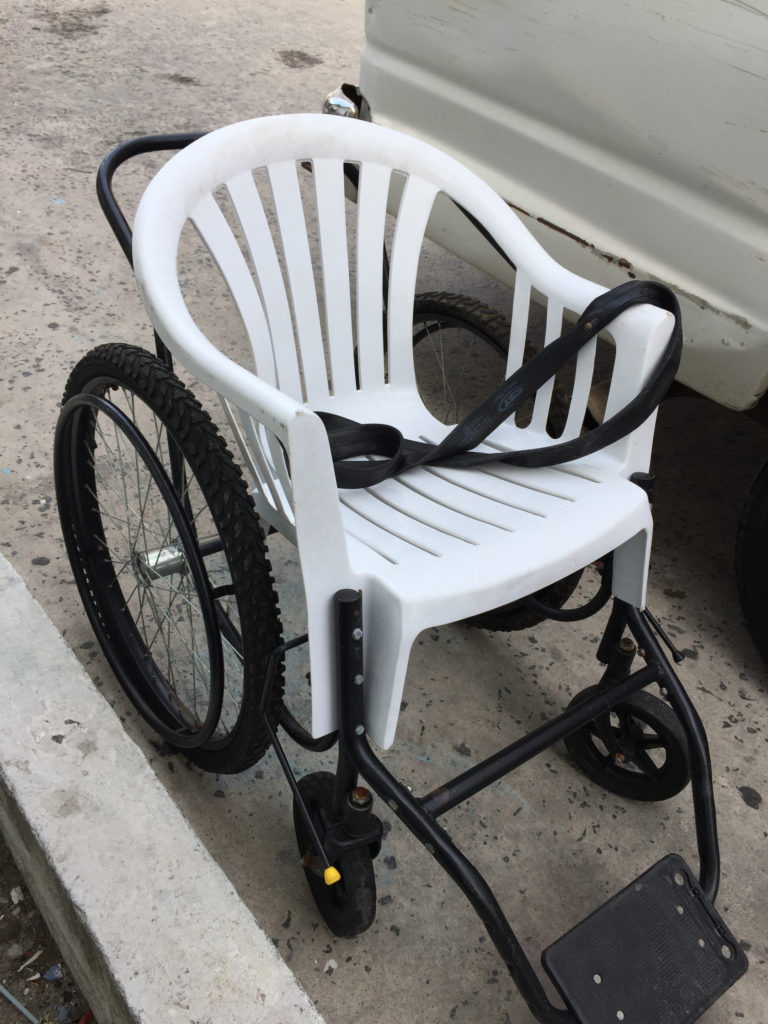Guyana
Knowledge is Power

Google predicted the winner of the 2016 US presidential election way before any journalist. They had an heuristic algorithm based on the searches of users of google and social media. I don’t know how it worked but I’m sure it accounted for error, bias, and variability. It would have weighed the good results from the bad. Google has a lot of data and they know how to analyze it for their purposes. They can sift through the good and the bad and rank the information that they gather. The same is true for medical studies. Some will be more reliable and more influential than others. Tomorrow we will have the first Anesthesia Journal Club in Guyana. We will be discussing the : Difficult Airway Society Guidelines for unanticipated difficult intubation and seeing if they apply to the situations here in Guyana.
Almost every physician in this country has a smartphone. The residents rely on them for communication to contact consultants and resources in the hospital. There is no overhead paging system, no front desk with an OR clerk, let alone a phone in the OR. Over the past couple of weeks I have been able to show them how to access medical information that is reliable and peer reviewed. The residents and students are hungry for knowledge and want to practice evidence based medicine that is tailored for their patients. Access to this knowledge is expensive through commercial sites, but if you look hard in the Global Anesthesia sphere you can find free access through sites like the World Federation Societies of Anesthesia, Global Health Delivery and Open Anesthesia. Information on the internet is plentiful but not always reliable or accurate. The goal of the Journal Club is to foster a culture of critical appraisal so these physicians can tailor the best therapies for their patients.

